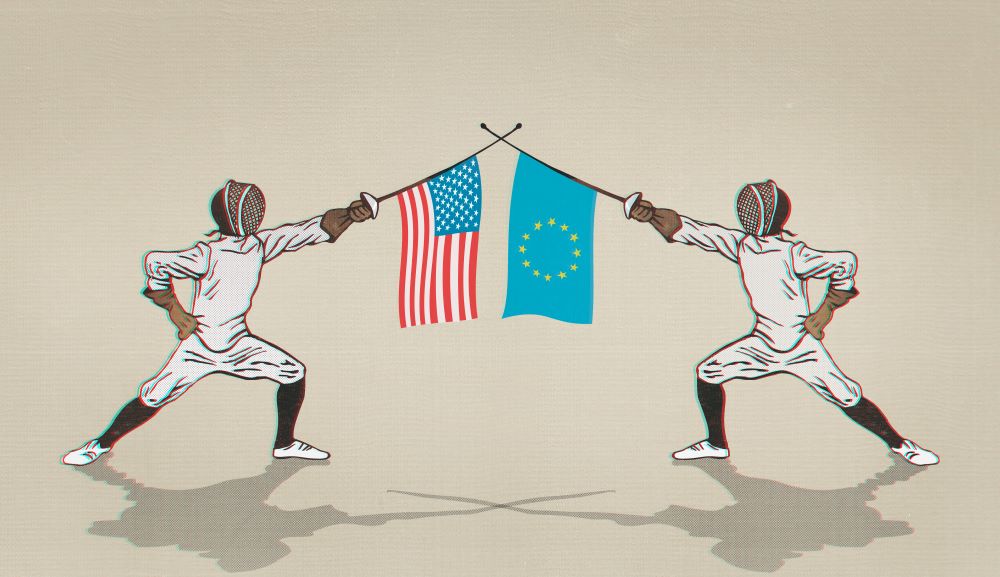
The European Commission (EC) has criticised the latest US subsidies plan, aimed at promoting American green technology.
The US government will invest $7.5bn in electric vehicle (EV) charging, $10bn in clean transportation and more than $7bn in EV battery components, critical minerals and raw materials.
The announcement – made by the White House on 15 February – is part of the $369bn Inflation Reduction Act (IRA) signed by president Joe Biden, which subsidises American companies.
To qualify, products must have at least 55% of content manufactured in the US from next year onwards.
EU response
The EC said it would seek talks with Washington over the subsidies, reports the FT.
“We must look for synergies and work to avoid trade barriers in the transatlantic relationship,” an EC spokesperson said.
“We will continue to raise concerns about discrimination or local content requirements with our US counterparts.”
Climate vs trade
The ongoing wrangling, which has seen the EU threaten its own buy subsidies regime in retaliation, puts climate change in direct competition with free trade, according to Forbes.
A joint American/European taskforce was formed to help address issues with the IRA, but domestic political pressure has made progress slow.
However, European companies with bases in North America such as BASF and ABB have welcomed the act.
Canada and EU delegations
US trade representative Katherine Tai met with EU trade commissioner Valdis Dombrovskis last week to discuss the IRA.
Reuters reports that the EU wants the same treatment as US trade partners Canada and Mexico, whose production is largely included in the subsidy schemes, however US Congress is opposed.
Canadian politicians made their own representations to Washington recently when defence minister Anita Anand and industry minister François-Philippe Champagne reminded DC of the importance of Canada to US supply chain resiliency, reports Politico.
Meanwhile, the UK chancellor Jeremy Hunt has said that he has concerns about the US’s multi-billion green subsidy plan and that the UK would present its own plan, although he doesn’t “think subsidy is necessarily the best way”, reports Reuters.
Not made in the US
According to the Washington Post, Biden’s plan faces the problem that the US doesn’t produce many of the items it wants to buy domestically.
Among various examples, officials fear they will be unable to obtain supplies of reflective glass beads for safety striping for highway pavement, while materials for high-speed rail systems are almost entirely made in Japan or Europe.
John Murphy, senior vice president for international policy at the US Chamber of Commerce, told Forbes that 97% of the federal government’s procurements by value already go to US firms.



